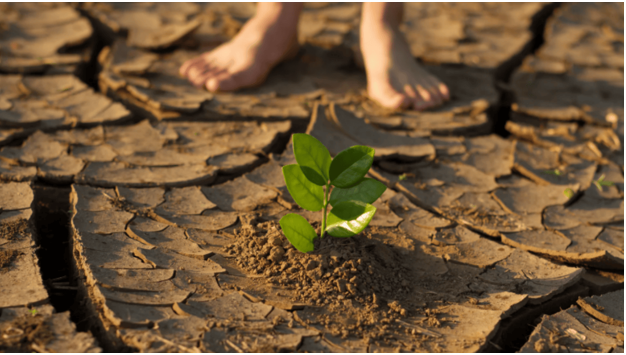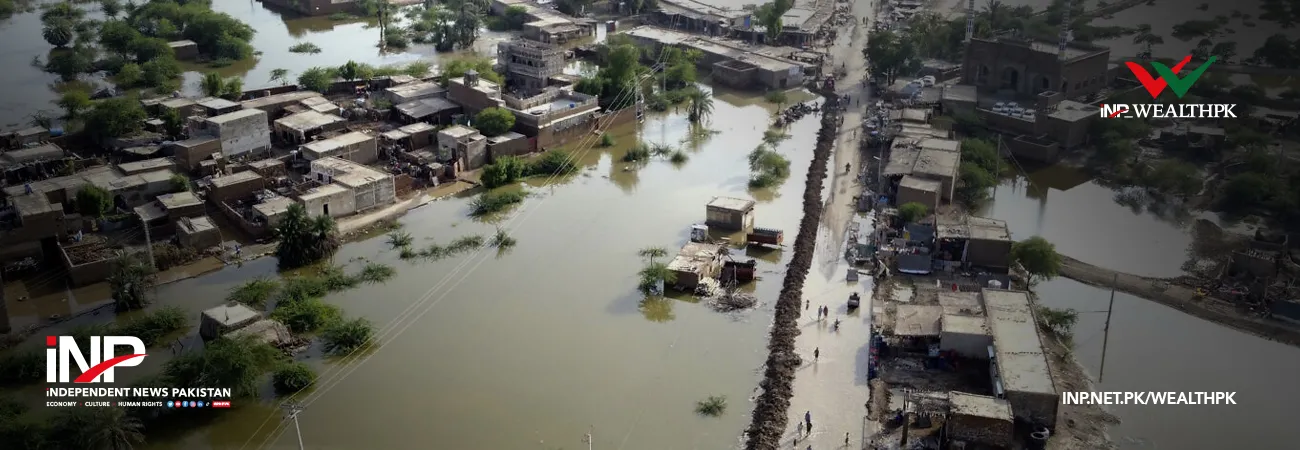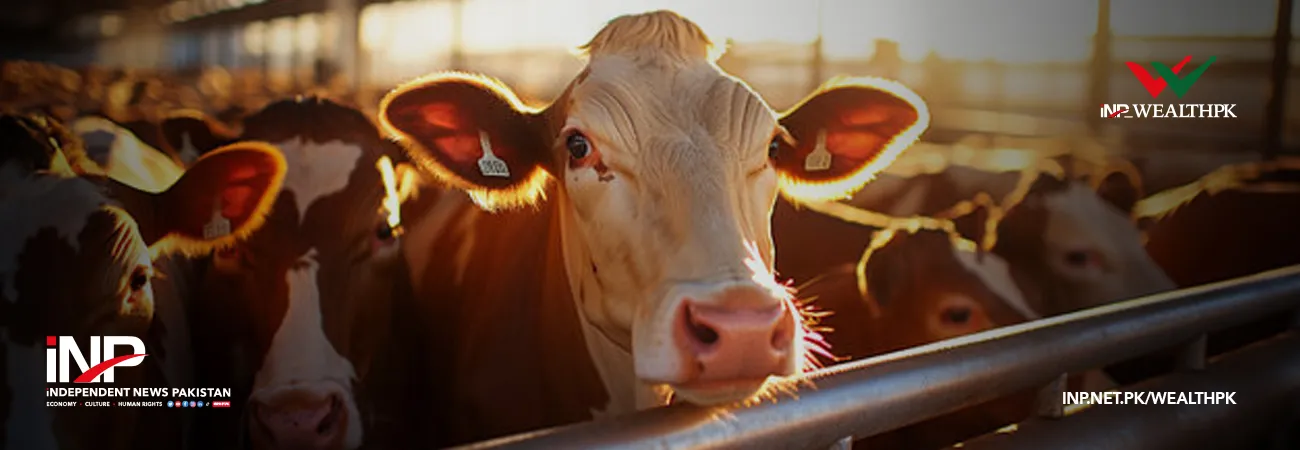آئی این پی ویلتھ پی کے
Muhammad Saleem
Empowering youth to lead the fight against climate change is crucial for safeguarding both agriculture and the environment.

Muhammad Shaukat, a former officer of the Environment Protection and Climate Change Department of the Punjab Government, told WealthPk that policymakers have to engage youth in the fight against the challenges of climate change. They are not just the future—they are the present, he stressed.
“We need to enable young people to protect our land, air, and water. If we give our youth the right tools and support them today, they can help protect our agriculture and environment for future generations,” he added. He pointed out that climate change is hitting the whole world, but countries like Pakistan are feeling it even more and vulnerable to its impact.
“Unpredictable rains, rising temperatures, and frequent floods are directly damaging our agriculture and creating a host of problems for farmers,” he said. “Pakistan is blessed with a youth population that makes up almost 60% of the total. If we fail to involve them in the fight against climate change, we may lose our future,” he warned. He said that young people bring energy, ideas, and digital skills to the table.
Following the changing scenario, the use of technology, social media, and innovation will help spread awareness, and bring change to local communities. “The youth are more adept at using technology to shape public opinion and mobilize action,” he said. Bilal Ahmed, a young farmer, talking to WealthPk said that Pakistan is facing the devastating impact of floods.
“As a citizen of this country, I know I should not stay silent. I must step forward to help fellow farmers and others,” he said. “But the irony is we face several challenges—lack of knowledge, no proper training, and very few platforms where our voices are heard.” He said that educational institutions have failed to provide climate education timely.
The current situation demands that we launch awareness campaigns and training programs for farmers to minimize the damage caused by climate change, he emphasized. He also criticized the government’s approach. “Our leaders only raise slogans about fighting climate change, but nothing is being done in the fields to revive the spirit of disheartened farmers.”
“Young farmers are ready to help their country—we just need a system that can efficiently support us,” he said. “As a farmer, I know the ground realities of how climate change is affecting agriculture. When we need rain, sometimes we don’t get it; other times, unexpected downpours wash everything away,” he said. “Yields are going down, and the prices of inputs are going up.”
However, he expressed hope that the youth can play a crucial role in the changing scenario. He suggested that universities should organize student groups led by senior agriculturists to visit villages and educate farmers on modern techniques such as drip irrigation and organic composting. “When young people visit the fields, they will also learn directly from farmers who are facing the impacts of climate change firsthand.
It’s a team effort and without joining hands, we cannot battle the negative effects of climate change”, he warned. Mr. Shaukat said that climate education needs to be started in schools and colleges. It should not be limited to theory—the learners must be trained in practical skills like planting trees, conserving water, and reducing waste.
He said that green youth programs are also crucial for students. Under these programs, students should be offered internships in climate-related projects or agriculture departments.
Credit: INP-WealthPk












